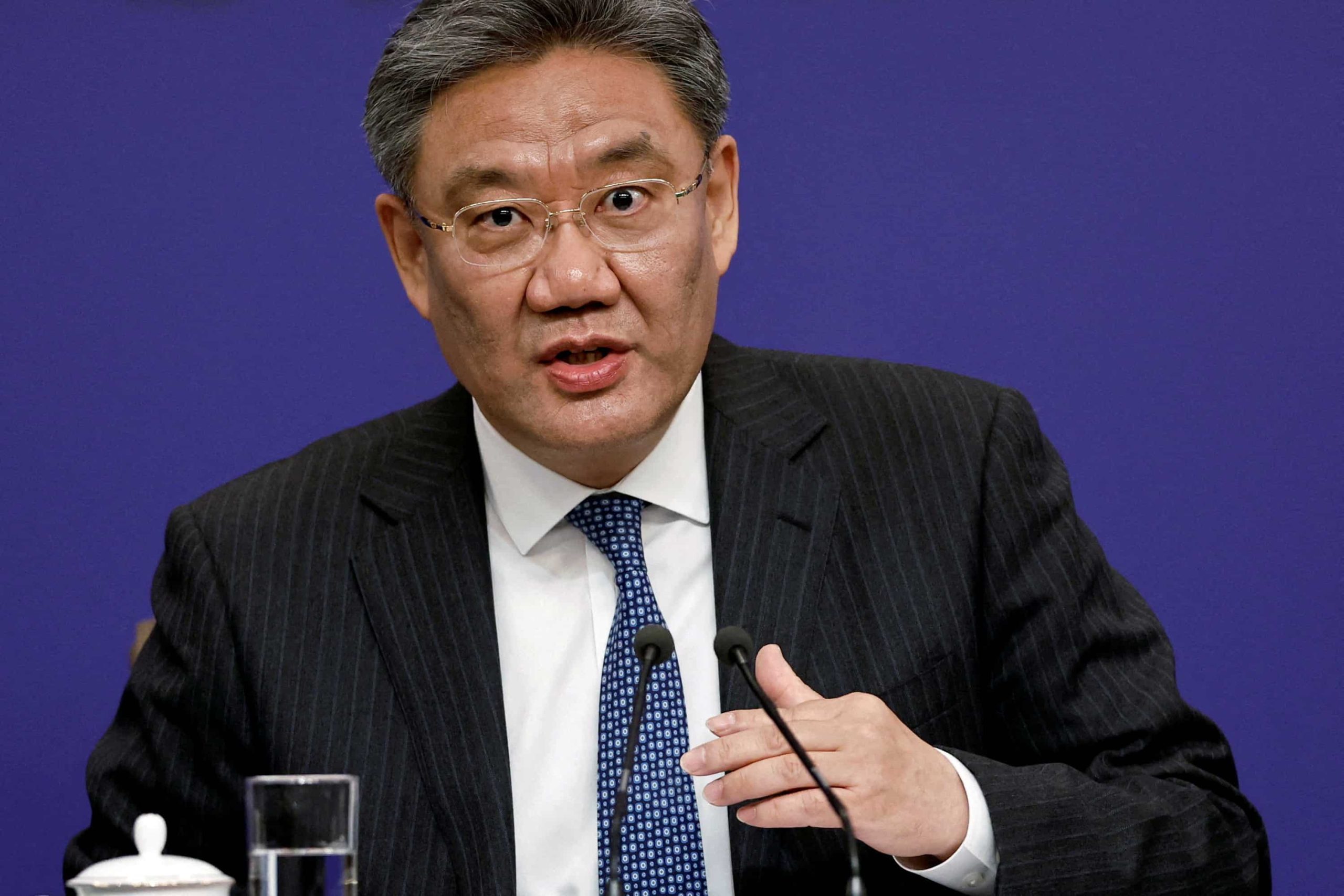China’s Commerce Minister Wang Wentao Holds Key Meetings in Europe
The recent assembly in Paris marked the beginning of discussions related to the ongoing European Commission inquiry into potential unfair advantages in China’s electric vehicle (EV) industry. China’s Commerce Minister, Wang Wentao, kicked off his European tour with a significant meeting involving top Chinese EV manufacturers BYD and CATL.
Stance on EV Development
During the meeting, Wang engaged with representatives from more than ten enterprises, including Geely, to emphasize China’s commitment to EV development. Wang refuted accusations of undue subsidies benefiting Chinese companies, stating that innovation, robust supply chains, and fair market competition are the primary drivers of sector growth, rather than state aid. He also assured firms of Beijing’s active support in protecting their lawful interests.
Discussions on European Commission Investigation
Sources familiar with Wang’s agenda revealed that discussions primarily focused on the European Commission’s investigation initiated late last year. The inquiry aims to evaluate the necessity of tariffs to shield European automakers from Chinese competition, highlighting China’s dominance in affordable EV models. The investigation is slated to conclude by November, with potential provisional duties being imposed sooner.
Wide-ranging Engagements
Aside from the EV industry, Wang’s itinerary included meetings with Renault’s CEO, Luca de Meo, and the acting chairman of the European Automobile Manufacturers’ Association. This diverse engagement showcased the breadth of discussions during his visit. Wang also planned to meet with executives from the cosmetics industry, underscoring the multifaceted nature of his diplomatic and economic engagements in Europe.
Global Concerns and US Perspective
As Wang navigates through diplomatic and economic engagements in Europe, global attention shifts to broader concerns regarding China’s industrial capacity. US Treasury Secretary Janet Yellen, who was coincidentally in China at the time, expressed concerns about the potential adverse impacts of China’s industrial competition on international markets.
















































